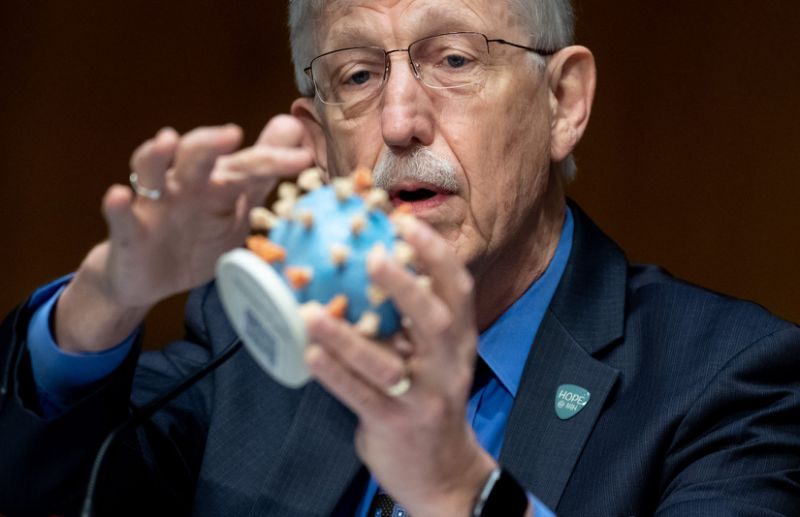Saul Loeb-Pool/Getty Images
- More and more research is starting to point toward the idea that people could get the novel coronavirus a second time.
- One leading virus expert said that, for this reason, “there’s not much we can do until there’s a vaccine” to create herd immunity.
- Even if and when coronavirus vaccines prove successful, they may require booster shots.
- Visit Business Insider’s homepage for more stories.
Roughly six months into the coronavirus pandemic, emerging evidence is starting to suggest that people who’ve been infected with this virus could still be susceptible to getting it again.
“We know that from other coronaviruses, from regular human, common cold coronaviruses, that you probably get immunity for some time once you’re infected,” Florian Krammer, a vaccine scientist and virus expert at the Icahn School of Medicine at Mount Sinai in New York, told Business Insider. “But it’s not perfect.”
Krammer says that a person’s second coronavirus infection could be milder, or even asymptomatic — where they display no outward signs of sickness at all. But his assertion backs up what new data around the world is also starting to suggest: that the body may, after a few months, start to forget it had the disease caused by the novel coronavirus, COVID-19.
This prospect of a potential for waning coronavirus memory in our immune systems may make it more difficult to rid the world of this virus, permanently, especially without a vaccine.
Growing evidence immunity may not last
Research published in the medical journal The Lancet earlier this month suggests that people who had the coronavirus in Spain, and subsequently developed antibodies to it — producing the proteins thought to possibly help protect against reinfection— are seeing their antibody levels wane, just months after an illness.
Likewise, new research out of the UK on Saturday (which has yet to be peer-reviewed) also suggests that a person’s coronavirus antibody levels tend to peak a few weeks after an infection, before gradually declining, and in some cases, disappearing entirely.
This data suggests that the prospect of herd immunity — the idea that enough people in a given community could develop immune protection against a virus, halting its spread and shielding the vulnerable from infection — is going to require more than just natural-borne illnesses.
“There’s not much we can do until there’s a vaccine,” Krammer said. “With a vaccine, you’re able to reach herd immunity very quickly.”















